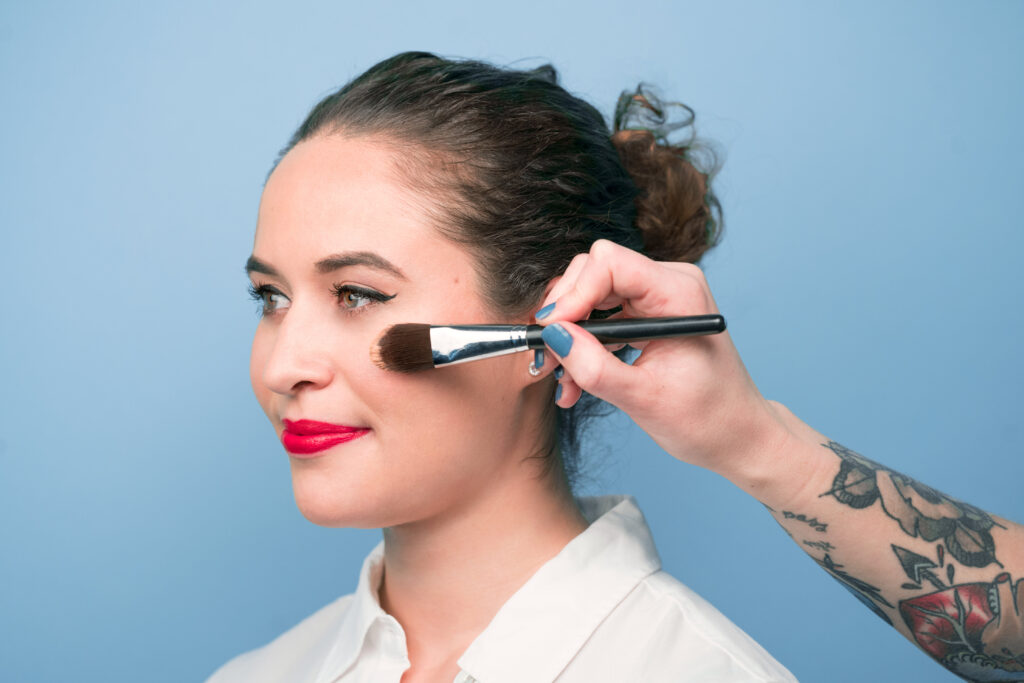Introduction
The skin, skin, the largest organ of the body, the skin serves as a barrier against harmful environmental elements, including sunlight, pollution, and inclement weather. To maintain its health and vigor, it is crucial to take care of it. Face and skin care are two of the most crucial components of skin care. The different facets of face and skin care, including the different types of skin, typical skin issues, and how to take care of your skin, will be covered in this article.
Skin Types
Understanding the various types of skin is crucial before we get into the basics of face and skin care. Normal, dry, oily, combination, and sensitive skin are the five primary varieties of skin. Each of these varieties has distinctive qualities of its own and needs particular care and consideration.
Ordinary Skin
Everyone aspires to have normal skin, which is the ideal skin type. It is neither too dry nor too oily and has a smooth, equal texture. It often lacks warts and flaws and has a healthy glow. Normal skin often has few visible lines or wrinkles and small pores. Normal skin should still be cared for to keep it healthy and radiant, though.

Dry skin
The absence of moisture in dry skin causes it to feel tight and scratchy. Individuals with dry skin frequently have dull skin and flaky areas, and they may feel itchy and uncomfortable. Lack of sebum, the natural oil produced by the skin, is the main cause of dry skin. Genetics, aging, and environmental variables like cold weather and low humidity are all reasons that can cause dry skin.
Oily skin
Sebum production is very active in those with oily skin, giving them a glossy, greasy appearance Oily-skinned people are more likely to get acne, blackheads, and enlarged pores. Sebaceous glands that are overactive are the source of oily skin and are triggered by hormonal fluctuations, stress, and some drugs.
Combined Skin
Dry skin and oily skin are both components of mixed skin. Individuals with mixed skin frequently have dry cheeks and an oily T-zone (forehead, nose, and chin). Combination skin can be challenging to manage because it needs different care in various facial areas.
Skin Sensitivity
Low tolerance for particular chemicals and environmental elements is a defining characteristic of sensitive skin. Individuals with sensitive skin are more likely to have allergic reactions and irritation, as well as redness, itching, and dryness. Genetics, environmental elements like pollution and severe weather, and the usage of specific skincare products can all contribute to sensitive skin.
Typical Skin Issues
Having an understanding of the various skin types, let’s look at some typical skin issues people have and how to treat them.
Acne
Acne is a skin condition that can affect people of all ages. It is brought on by blocked pores that harbor germs and develop into pimples, blackheads, and whiteheads. Hormonal changes, genetics, and specific drugs can all contribute to acne. Avoid picking or squeezing pimples, wash your face frequently with a mild cleanser, and use skincare products made specifically for treating acne if you want to manage your acne.
Rosacea
Rosacea is a chronic skin condition that affects the cheeks, forehead, nose, chin, and chin area of the face the most. Moreover, it may result in little red lumps and pimples. Genetics, environmental elements like sunlight and heat, and specific drugs can all contribute to rosacea. Avoiding triggers like hot foods, alcohol, and stress is crucial for managing rosacea, as is using gentle, non-irritating skincare products.